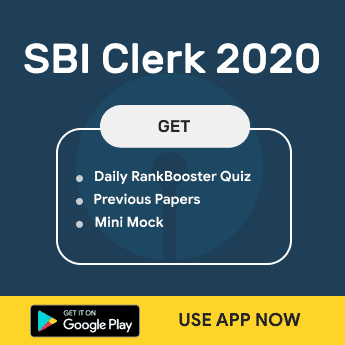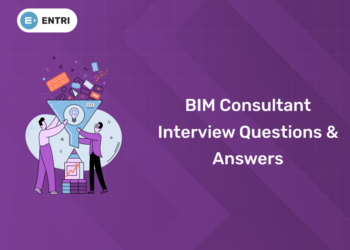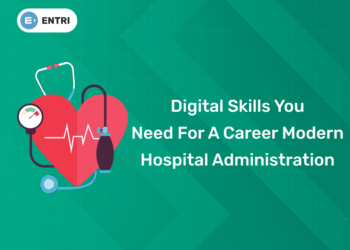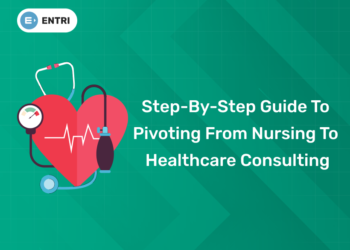Table of Contents
Banks. Storehouses of money and the hub of transactions. Also a place of employment, but nothing comes with ease and so they have exams and interviews as a fine-toothed comb to get the type employees they desire. For most banks, you’d just have to write the exam held by the Institute of Banking Personnel and Selection (IBPS). The IBPS exam covers most of the major public sector banks (except SBI). SBI conducts its exam for recruitment into its branches. The question is, which one would you opt for? Luckily, we have tips and tricks for both of these major banking exams. The same tricks with a little adjustment can be followed for the other bank exams too, the core is almost the same.
Eligibility
The age criteria for IBPS is 20 – 28 years and for SBI is 21 – 30. So, it’s safe to assume that age 21 is the common year for banking exams. 21 years would be the eligible age. Bachelor’s degree is also required to be eligible.
Syllabus for the Exams
1: What does the acronym "ATM" stand for in banking?
The syllabi are similar but are both termed in different ways so here we have the syllabus for you to see.
| Quantitative Aptitude Syllabus | General Awareness Syllabus | Reasoning & Computer Aptitude Syllabus | English Language Syllabus | |
|---|---|---|---|---|
| Simplification | Financial Awareness | Verbal Reasoning | Internet | Reading Comprehension |
| Average | Current Affairs | Syllogism | Memory | Vocabulary |
| Percentage | General Knowledge | Circular Seating Arrangement | Keyboard Shortcuts | Grammar |
| Ratio and Percentage | – | Linear Seating Arrangement | Computer Abbreviation | Verbal Ability |
| Data Interpretation | – | Double Lineup | Microsoft Office | – |
| Mensuration and Geometry | – | Scheduling | Computer Hardware | – |
| Quadratic Equation | – | Input-Output | Computer Software | – |
| Interest | – | Blood Relations | Operating System | – |
| Problems of Ages | – | Directions and Distances | Networking | – |
| Profit and Loss | – | Ordering and Ranking | Computer Fundamentals /Terminologies | – |
| Number Series | – | Data Sufficiency | – | – |
| Speed, Distance and Time | – | Coding and Decoding | – | – |
| Time and Work | – | Code Inequalities | – | – |
| Number System | – | – | – | – |
| Data Sufficiency | – | – | – | – |
| Linear Equation | – | – | – | – |
| Permutation and Combination | – | – | – | – |
| And Probability | – | – | – | – |
| Mixture and Allegations | – | – | – | – |
Ideally, you can check out the IBPS PO Syllabus and SBI PO Syllabus here.
Enroll in Kerala's Top-rated Bank Coaching Program!
Are you ready to take your banking career aspirations to new heights? Join Entri App's Bank Exam Coaching program to kickstart your preparations!
Join Now!Vacancy and Cut-Off
The vacancy changes from bank to bank and in this case (for 2020) IBPS PO has more than 5000 while SBI PO has a little over 2000. Yet, SBI has more candidates than IBPS and that makes SBI a much more competitive exam than its counterpart.
Cut-off marks depend on the number of candidates and the number of vacancies. Cut-offs are also the main determining factor for the difficulty of the exam. SBI has a higher number of candidates and lower vacancies causing them to have high cut-off marks and/or a more difficult exam. But every obstacle can be overcome and we’re here and are more than happy to help.
Preparation for the Exams
- It’s best to start as early as possible. That way you can ‘work hard and play hard’ and still have time to spend on mock tests and previous question papers.
- Try to build a map like how they show in detective movies. the main suspects and clues and evidences all linked with a read thread. Similar things but in a book and no, not necessary to get pictures.
- It’s best to keep a calm and cool head throughout the studying
- Keep up with the current affairs and little less recent news too
- Converse in English, practice writing simple paragraphs and try to improve your vocabulary. If not for the exam then for the privilege of getting the chance to learn a new language.
- It’s good to keep a check on your computer skills. It wouldn’t hurt to be a little over-prepared because as Bruce Lee once said “It’s better to be a warrior in a garden than a gardener in a war”
- You could check out the respective blogs for IBPS PO and SBI PO here
Remember to start studying and preparing for the exams at the earliest. Not necessarily today but start someday. Someday that is not anywhere near the month leading up to the exam 
















